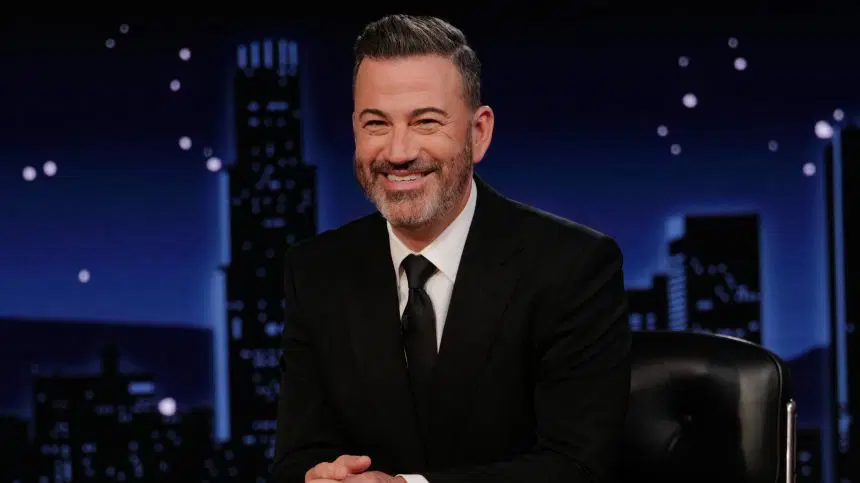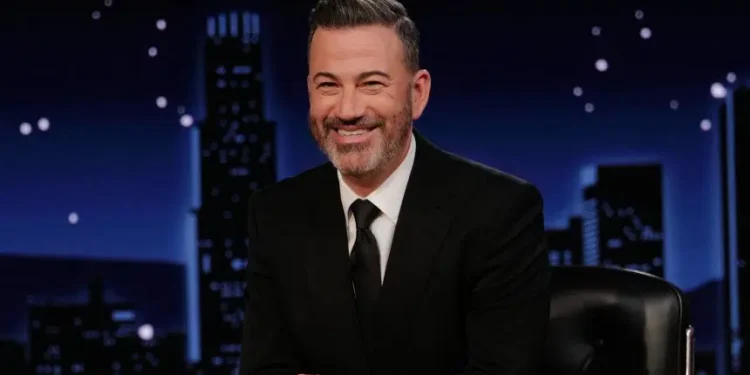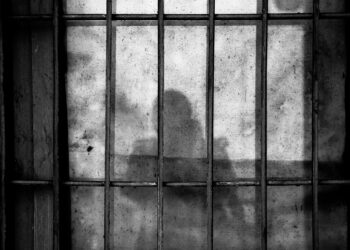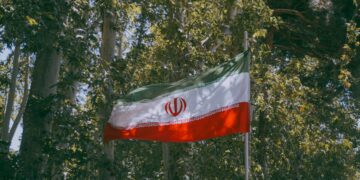ABC’s decision to reinstate Jimmy Kimmel was –frankly speaking— a principled defense of free speech, but rather a calculated retreat under immense public, corporate, and regulatory pressure. The network’s initial move to suspend Kimmel indefinitely came after his monologue about the assassination of conservative activist Charlie Kirk, which prompted swift backlash from a major conservative media affiliate and direct threats from a Trump-appointed FCC chairman. ABC’s swift reversal, framed as the result of “thoughtful conversations,” was a capitulation to a massive wave of criticism from the public, fellow entertainers, and even its own corporate partners who faced legal and business risks. This entire episode reveals the fact that in today’s media landscape, corporate interests and political pressure can easily override the supposed bedrock principles of journalistic and comedic freedom.
ABC’s initial suspension of Kimmel was not a surprise, given the immense pressure it faced. Key affiliate owners like Nexstar and Sinclair immediately announced they would pull his show, citing his comments as “offensive and insensitive.” This move was a direct threat to ABC’s revenue and reach, as these affiliates collectively own or control hundreds of local stations across the country.
Compounding this pressure was the public warning from FCC Chair Brendan Carr, who, in a thinly veiled threat, stated that broadcasters could “find ways to change conduct” or face “additional work for the FCC ahead.” Given that Disney, ABC’s parent company, has multibillion-dollar deals—like ESPN’s acquisition of the NFL Network—awaiting regulatory approval, the network was clearly trying to appease the administration and avoid further complication.

But the backlash to this corporate capitulation was even more significant. Hundreds of celebrities, including Robert De Niro and Meryl Streep, signed an open letter in support of Kimmel, condemning the move as a “dark moment for freedom of speech.”
The public outcry, coupled with Kimmel’s contract set to expire in 2026, made his permanent removal a massive public relations and talent retention problem. Ultimately, ABC concluded that the risk of a public-facing censorship scandal was greater than the political and financial risks of reinstating him. The reinstatement was a tactical retreat to save face and retain a valuable asset.
The First Amendment on the Tightrope
This entire saga is a troubling example of the First Amendment being tested not in a courtroom, but in a corporate boardroom. While the government did not directly censor Kimmel (a clear violation of the First Amendment), a government official—the head of the FCC—used the threat of regulatory action and corporate leverage to achieve the same result. This is a form of government coercion that the First Amendment was specifically designed to prevent. The Supreme Court has repeatedly held that government officials cannot coerce private parties to suppress disfavored views. Yet, ABC and other networks’ history of capitulating to this pressure demonstrates how easily the line can be blurred.
Why It Matters
The danger of this precedent is a “chilling effect” on speech. When comedians and journalists see that a joke or a critical comment can lead to network suspension, affiliate rebellion, and the threat of federal scrutiny, they are less likely to push boundaries or criticize powerful figures.
This is a victory for those who wish to stifle dissent and an alarming defeat for open discourse. The fact that the show is now back on air does not erase the fact that it was temporarily removed due to politically motivated pressure.
It serves as a rife reminder that in today’s highly polarized and corporatized media landscape, free speech is a privilege, not a guarantee, and its survival often depends on the commercial interests and political calculations of powerful corporations.

















